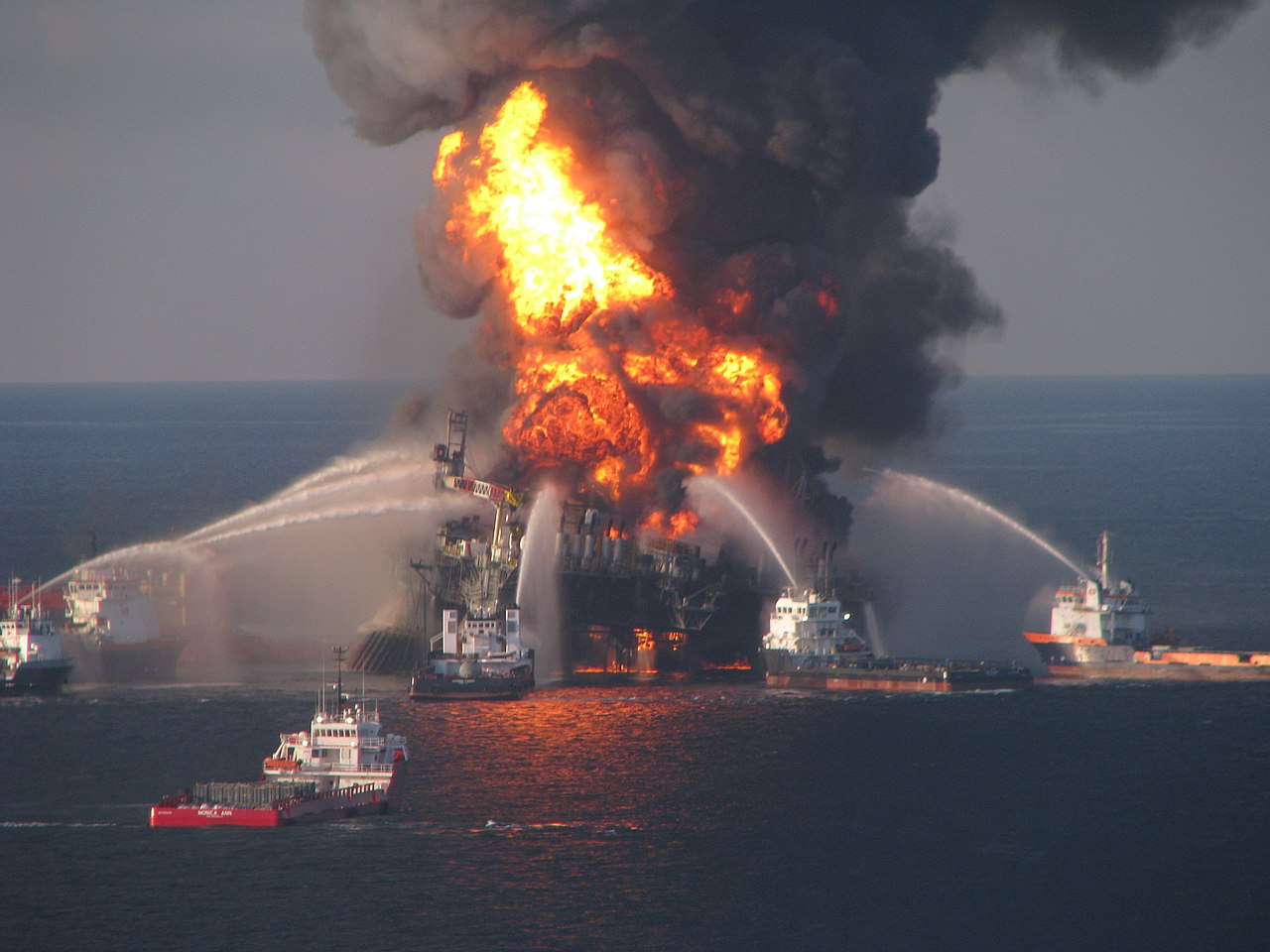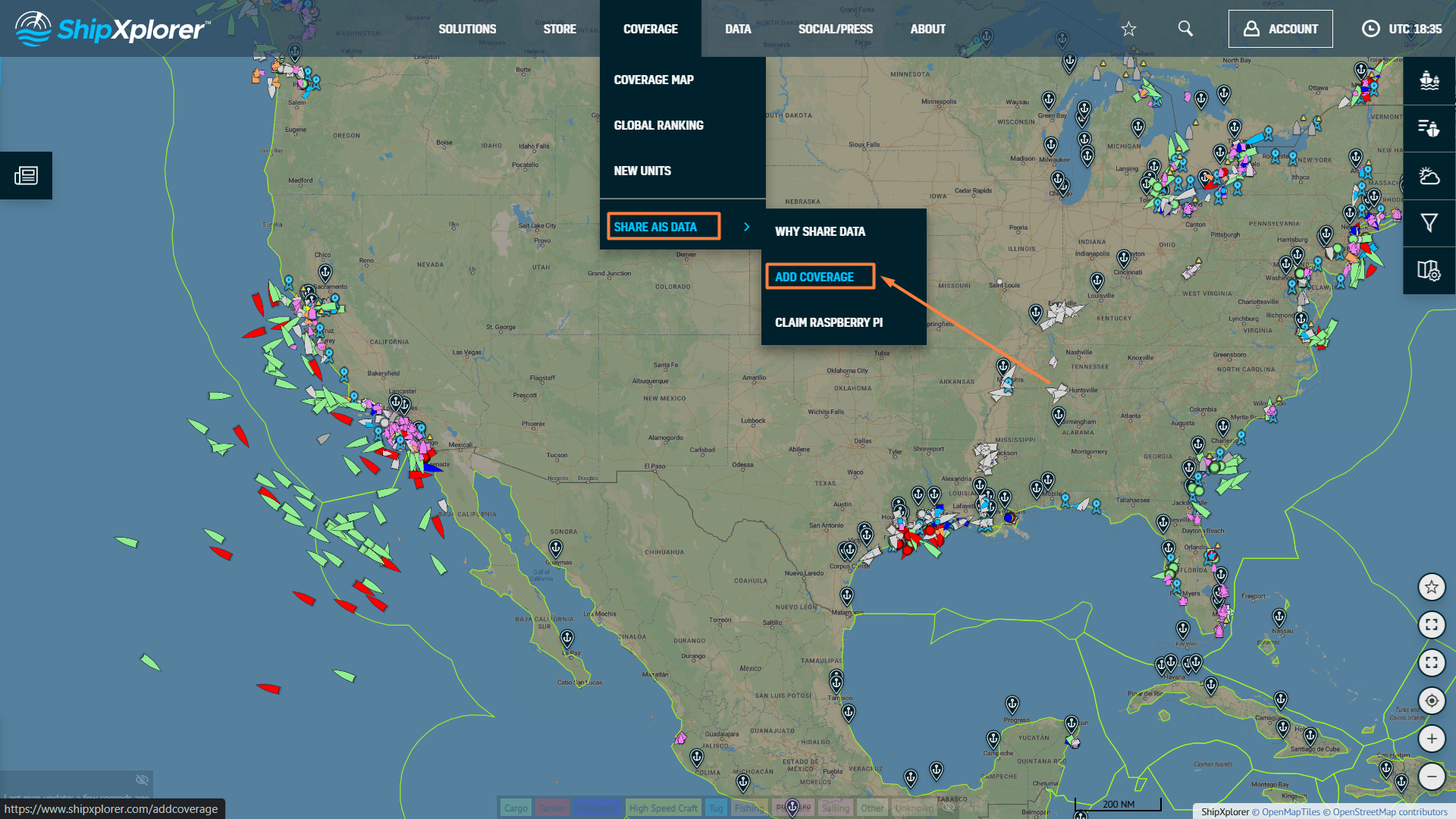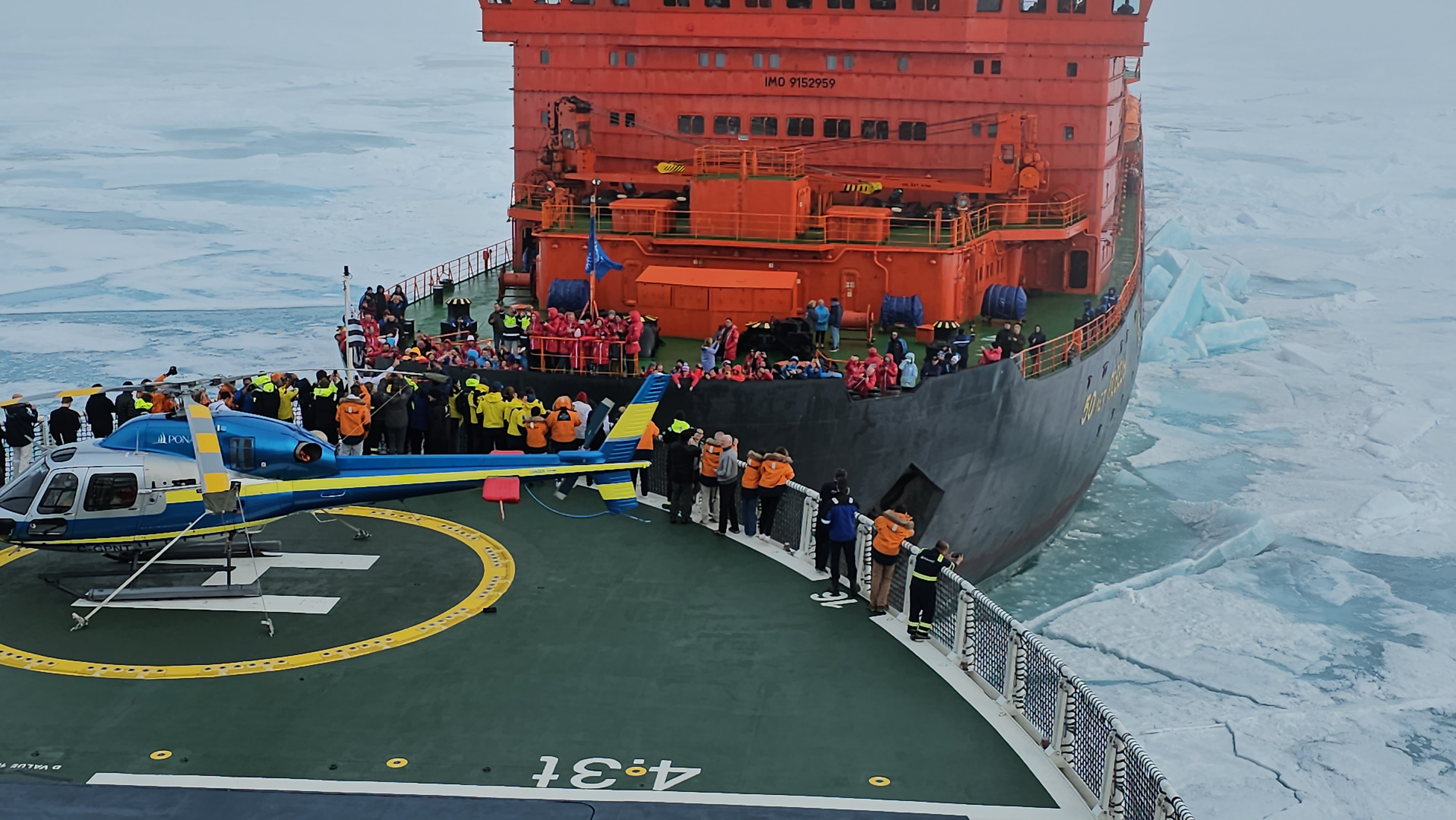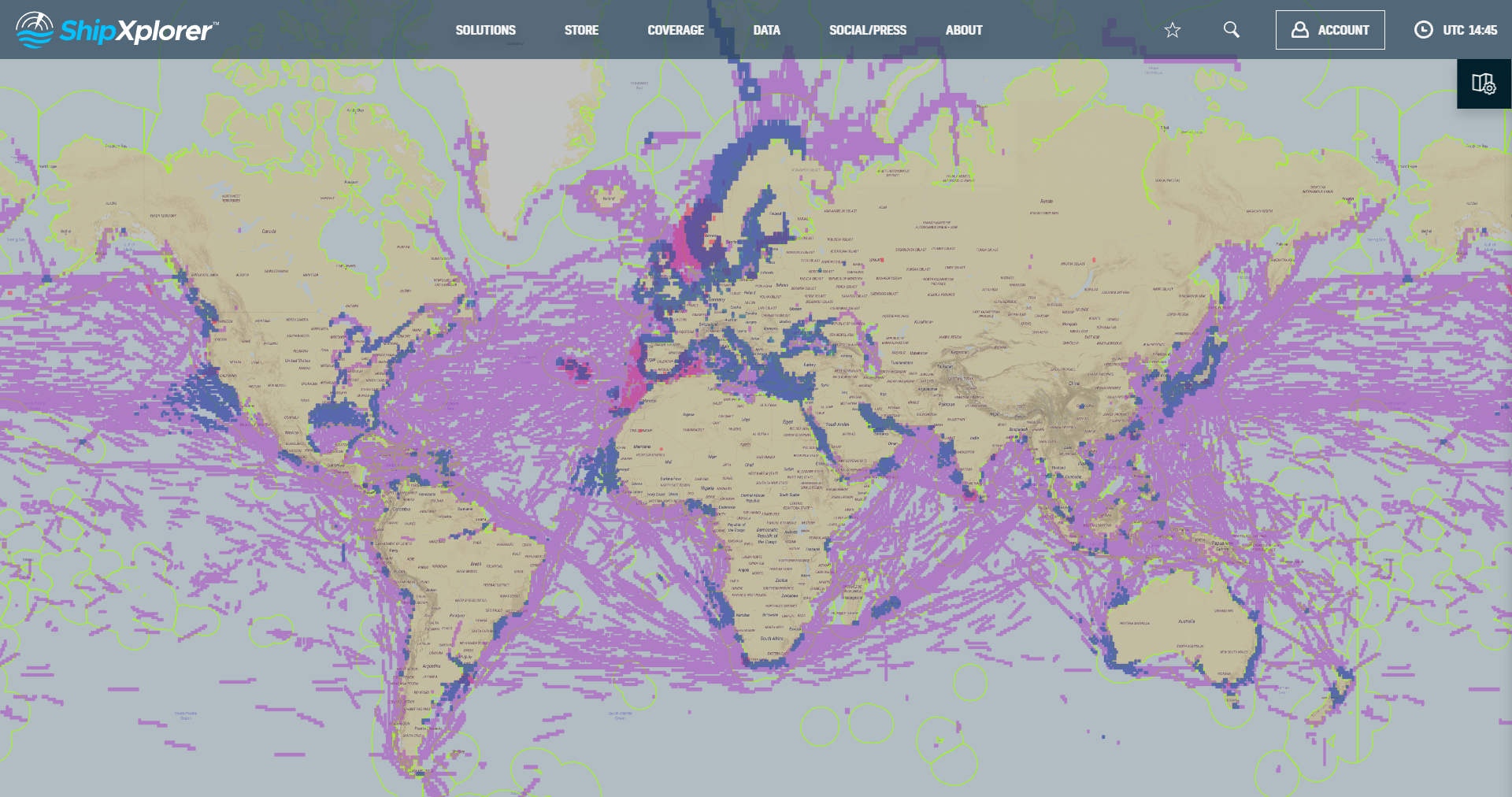Oil Tankers Collide and Catch Fire Near Strait of Hormuz, 24 Crew Rescued

Image for representation purposes only - See page for author, Public domain, via Wikimedia Commons
Two large oil tankers collided near the Strait of Hormuz on Tuesday, sparking a fire and prompting an emergency evacuation of crew members amid heightened tensions in the region. The incident occurred approximately 15 nautical miles off the coast of the United Arab Emirates in the Gulf of Oman—an area already on edge due to the ongoing conflict between Iran and Israel.
Vessels Involved: Front Eagle & Adalynn
The collision involved two significant vessels:
-
Front Eagle, a VLCC (Very Large Crude Carrier) operated by Oslo-listed Frontline, was transporting 2 million barrels of Iraqi crude oil en route to Zhoushan, China.
-
Adalynn, a Suezmax-class tanker owned by India-based Global Shipping Holding Ltd., was sailing unladen toward the Suez Canal in Egypt.
A fire broke out on the Front Eagle after the collision but was quickly brought under control. Frontline confirmed that no injuries were reported among the crew and that no oil had spilled into the sea. While the company acknowledged reports of a fire aboard the Adalynn, details about that vessel’s condition remain limited.
Rescue and Response
The UAE Coast Guard responded promptly, conducting a rescue operation that safely evacuated 24 crew members from the Adalynn, who were transported to Khor Fakkan port. No casualties were reported.
British maritime security firm Ambrey stated that the incident appeared to be "not security-related," although it comes at a time when regional tensions are sharply escalating.
Regional Tensions and Navigational Risks
The timing of the incident is particularly sensitive. Since Friday, Iran and Israel have been engaged in direct missile exchanges, increasing the risk to maritime activity in one of the world’s most vital shipping corridors. The Strait of Hormuz is a strategic chokepoint connecting the Persian Gulf, Gulf of Oman, and Arabian Sea, facilitating the transit of 17.8 to 20.8 million barrels of oil daily, according to energy data firm Vortexa.
There have also been recent reports of electronic interference affecting navigation systems aboard commercial ships in the region. The U.S.-led Joint Maritime Information Center (JMIC) issued an alert linking such disruptions to areas near Iran’s Port of Bandar Abbas and other Gulf locations.
READ NEXT...

- ais-dispatcher
- ais-hub
- shipxplorer
- ship-tracking
- ais-data
- ais-coverage
- blog
2025-10-20 18:20 UTCHow to share AIS data to ShipXplorer with AIS Dispatcher
Did you know? You can now share AIS data with ShipXplorer? Read our blog to learn more!
- arctic
- north-pole
- le-commandant-charcot
- north-pole-expedition
- 50-years-of-victory
- russia
- ukraine
- russian-ukrainian-war
- war
- peace
- ship
- blog
2023-07-21 16:37 UTCA Symbolic Encounter: Le Commandant Charcot and Russian Arktika-class nuclear-powered icebreaker 50 Years of Victory Extend a Message of Peace At the North Pole
Today, we have an extraordinary tale to share, one that unfolded amidst the awe-inspiring beauty of the Arctic. Against the backdrop of the Russia-Ukraine war, this encounter took on a profound meaning as the two ships exchanged waves of peace in the far reaches of the North Pole. Read about this symbolic moment on our blog!
- shipxplorer
- ship-industry
- vessel-tracker
- ship-tracker
- ais
- hardware
- blog
2022-09-04 15:09 UTCSharing AIS data with ShipXplorer
Read our blog post and learn how to share AIS data and the benefits of being a ShipXplorer feeder.
 Facebook
Facebook X
X